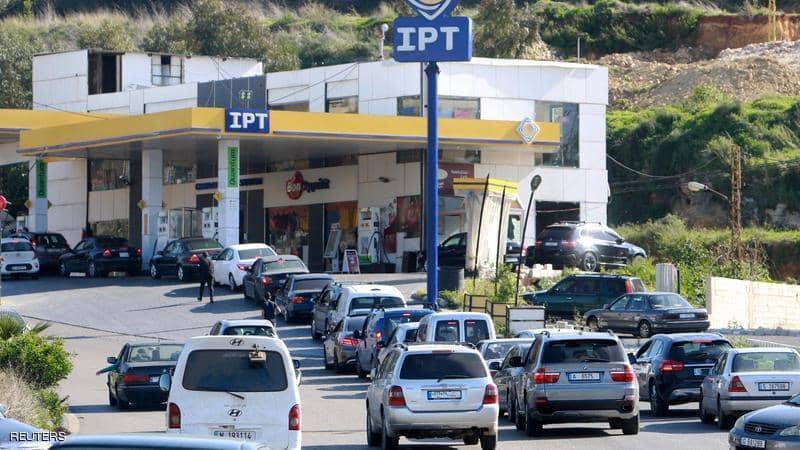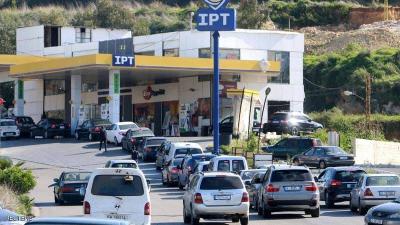The Governor of the Central Bank of Lebanon, Riad Salameh, confirmed on Saturday that he will not reverse the decision to lift subsidies on fuel, amid protests from angry Lebanese who blocked several roads in response to deteriorating living conditions. Salameh stated in a radio interview, "I will not reverse the lifting of fuel subsidies unless there is legislation allowing the use of mandatory reserves." Currently, the possibility of such legislation being issued by the Lebanese parliament seems unlikely, given the entrenched disagreements among its members.
Salameh's comments came after Lebanese President Michel Aoun called for an urgent cabinet meeting to discuss the issue of lifting fuel subsidies. However, caretaker Prime Minister Hassan Diab rejected this call, considering it a breach of the constitution. The Governor noted, "The government is aware of the decision to lift subsidies, starting from the Presidency and the Parliament and members of the central council."
In justifying the subsidy removal, Salameh stated, "The mandatory reserves at the central bank have reached the red line, and we are obliged to stop opening credits." He added that the remaining value of mandatory reserves does not exceed $14 billion. The Central Bank of Lebanon claims that the fuel subsidies have drained foreign cash reserves, forcing it to abandon the subsidy program.
As a result of the lifting of fuel subsidies, Lebanon's severe economic crisis has entered a new phase, with fuel scarcity almost across all stations in the country, leading to what is known as "lines of humiliation," where Lebanese people wait for hours at the stations. In several instances, this situation has escalated into altercations resulting in casualties and injuries.
While the government argues that petroleum derivatives should be sold at a subsidized exchange rate, the central bank insists on not opening credits at that rate but rather at the market price. This has led to a significant fuel shortage in Lebanon.
In related developments, protesters took to the streets, blocking several roads across Lebanon using burning tires and trucks. The National News Agency reported that protesters blocked roads in the Beit Shaar area in Mount Lebanon and the Damour highway south of Beirut. Road blockages also affected the Jiyeh area in the Chouf district and the Zouk Mosbeh road in Kesrouan.




